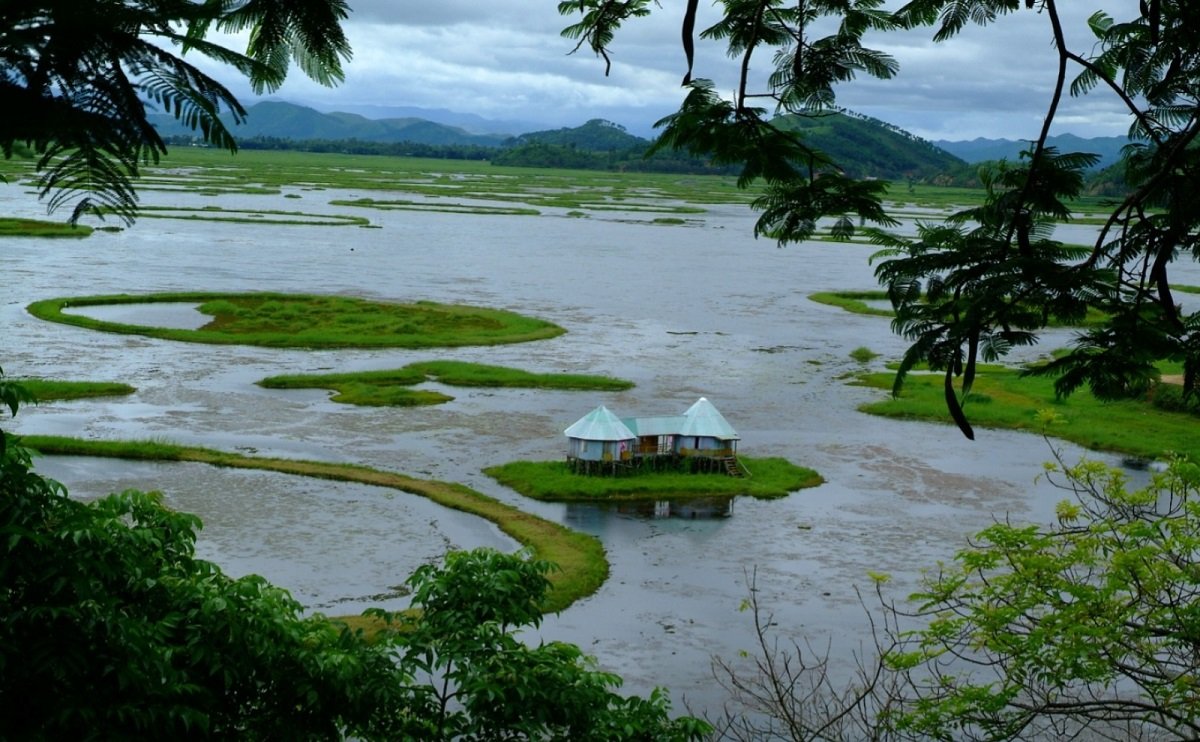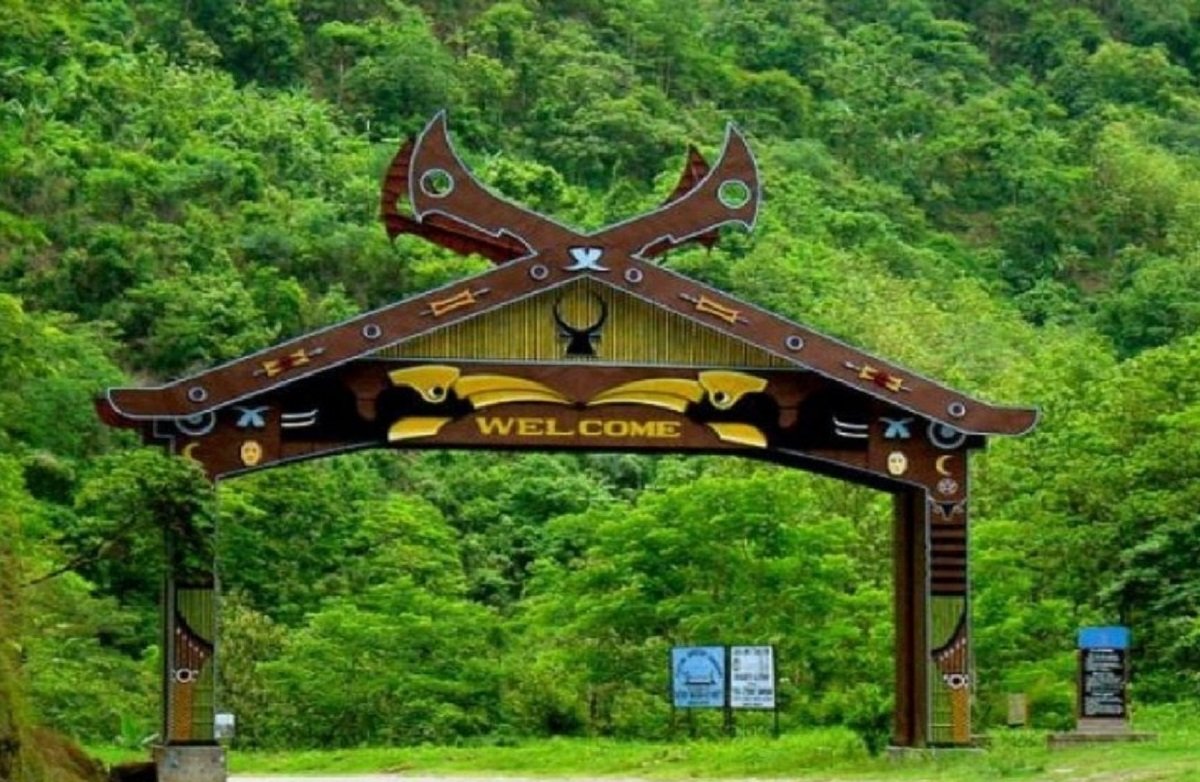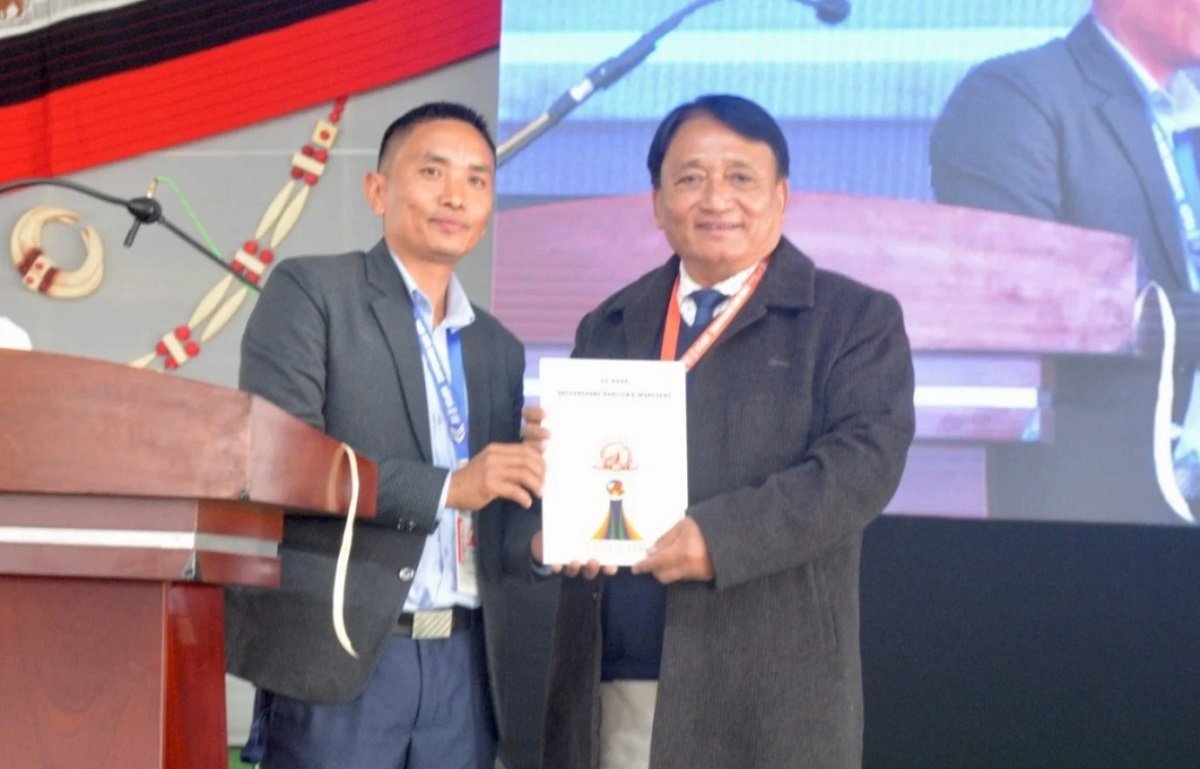A new scientific study by Nagaland University has raised alarm over the deteriorating health of rivers that feed Manipur’s Loktak Lake, one of India’s most important freshwater ecosystems and a designated Ramsar Site. The study concludes that changes in land use — particularly agriculture expansion, settlement growth, and shifting (jhum) cultivation — are seriously degrading river water quality, posing a long-term threat to the lake’s delicate ecology and the livelihoods of thousands who depend on it.
Loktak Lake, often called the “lifeline of Manipur,” supports an array of ecological and economic functions — from hydropower generation and inland fisheries to transport, irrigation, and tourism. It is home to 132 plant species and 428 animal species, including the endangered Sangai deer, which inhabits the floating biomass of phumdis within the Keibul Lamjao National Park, India’s only floating national park. However, the lake’s condition has worsened over the past few decades, prompting its inclusion in the Montreux Record, a global list highlighting wetlands under severe ecological stress. Environmental experts have repeatedly warned of declining fish populations, rising organic pollution, and excessive siltation due to unchecked land-use practices upstream.
The new research, published in the International Journal of Environment and Pollution, links these problems to human-induced activities in the river catchments surrounding Loktak. “The study confirms that agricultural runoff, settlements and shifting cultivation in the Loktak catchment are directly degrading river water quality,” said Prof. Jagadish K. Patnaik, Vice Chancellor of Nagaland University. “Among the rivers studied, the Nambul and Khuga rivers showed the highest levels of pollution due to high land-use disturbances,” he added.




